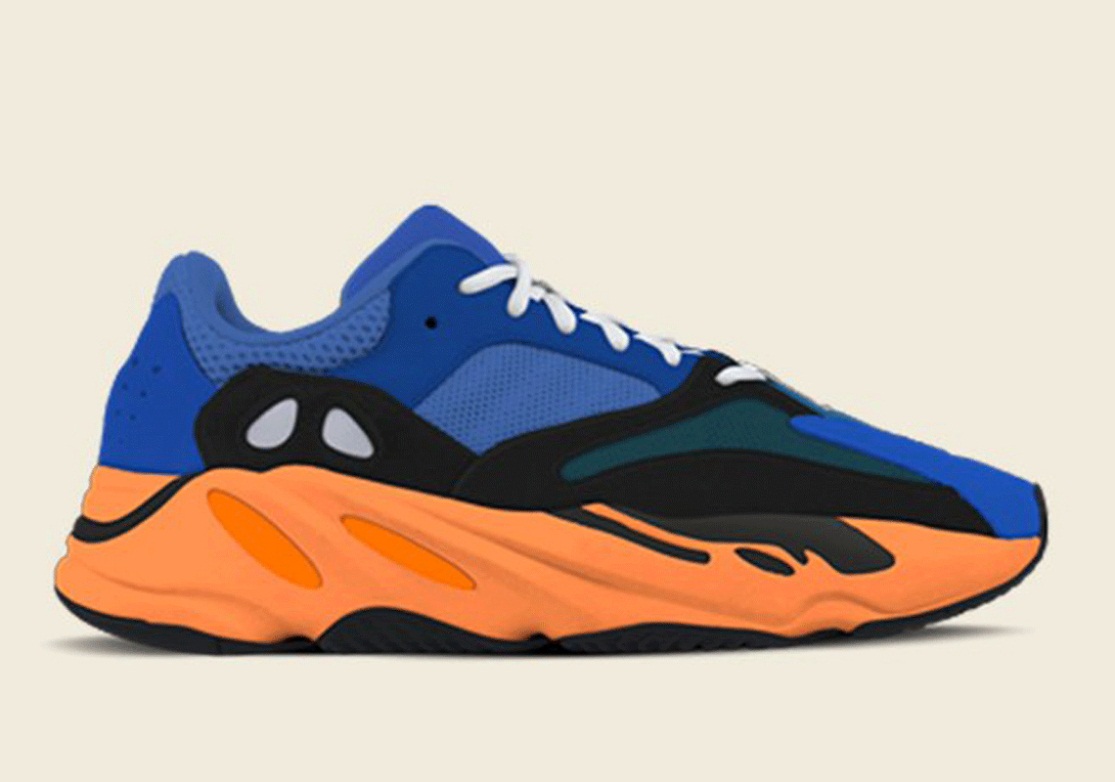Punk aesthetic describes a preference or sense in a fashion intended to present the involved community’s socio-cultural values. Punk fashion represented an aggressive and anarchic movement that rebelled against expensive and luxurious clothing. The trend influenced designers during the 1970s by integrating certain values and ideas (Worley, 2017). For instance, Vivienne Westwood developed a trendy punk fashion representing the peasants. The style used to develop garments were subjective in communicating fashionable ideas among punk fashion lovers.
Westwood identifies garment styles as the ones whose cultural references represent the disadvantaged members of communities. Punk fashion began as a social movement opposing expensive and trendy clothing in London (Smith et al., 2017). Moreover, Westwood claimed that she wore clothes originated from English craftsmen attributed to high material quality. The fashion world experienced transformation throughout the second half of the 19th century (Polhemus, 2010). Production activities evolved from traditional crafts processes to improved manufacturing. Salvatore Ferragamo was a popular shoe designer from Italy who rose to fame after World War II (Smith et al., 2017). His handmade shoes were sold across Europe. This firm has a large share market in the current fashion industry providing trendy products in clothes and shoes. Culture in fashion is essential in enhancing the social grievances of a discriminated group of population.
Some modern designers employ punk ideals in their work, as evidenced in contemporary fashion trends. For instance, the Yeezy Gap is a fashion firm owned by a celebrity to progress Westwood’s ideas from the 1970s. Ideally, the fashion ideals of the cloth-line represent trendy products from a minority group. Yeezy shoes have grown in popularity among teenagers and young adult punk fashion lovers (Hernandes, 2020). The clothes are sold in wealthy urban towns and cities, indicating an increasing social interest in fashion. Essentially, punk ideals have transformed fashion in many societies. The innovation depicts a growing trend in the transformation of shoes and quality in design.

References
Polhemus, T. (2010). Street style. London: PYMCA.
Smith, G. D., Dines, M., & Parkinson, T. (Eds.). (2017). Punk pedagogies: Music, culture and learning. Routledge.
Worley, M. (2017). No future: Punk, politics, and British youth culture, 1976–1984. Cambridge University Press.
Hernandes, J. (2020). Adidas Yeezy Boost 700 “Bright Blue” Confirmed For 2021. [Online image]. Sneaker News. Web.